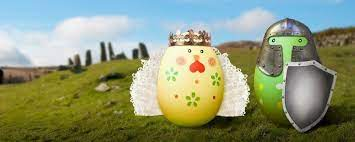
Easter is a very important day in Scotland. In pre-Christian times, there was a Saxon festival called “Eastre,” later, it was integrated with the Christian festival. Historical records indicate Easter is also linked to Pagans, and some of its traditions are still followed today. According to Christian scripture, Jesus rose from his tomb three days after his crucifixion. Today Christians celebrate the resurrection two days after Good Friday and three days after Maundy Thursday. Historians place the resurrection of Jesus to have occurred between 26-36 AD.
Easter in Scotland is a rich church celebration. Traditionally, Easter is a time for relaxation and leisure, thus it is a wonderful holiday. In most parts of Scotland, huge fires are lit on Saturday as a mark of Pagan tradition. A Scottish Easter means fun activities: egg hunts, horse displays, and battle re-enactments. On this day, special hot cross buns containing spices and fruits are baked. Other feasts for the day include eggs, potatoes, and lamb.
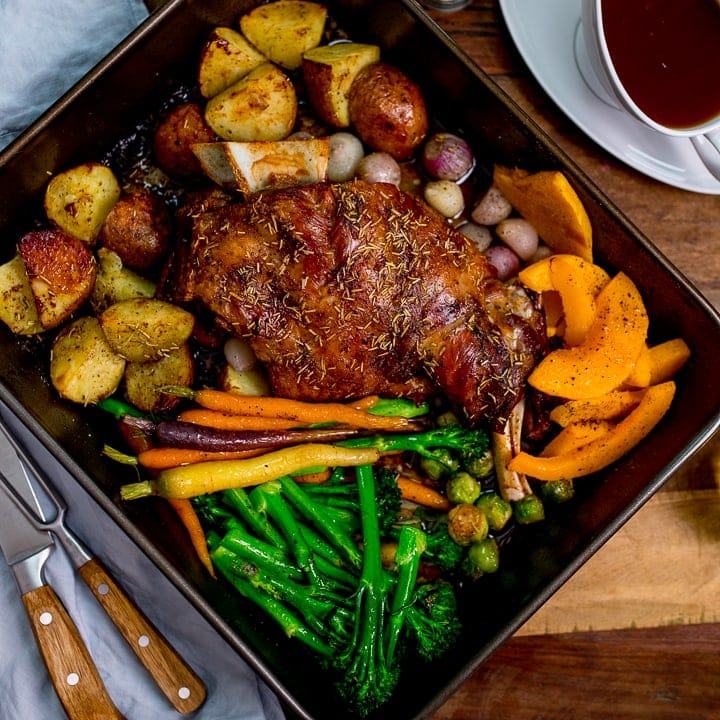
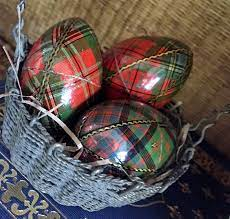
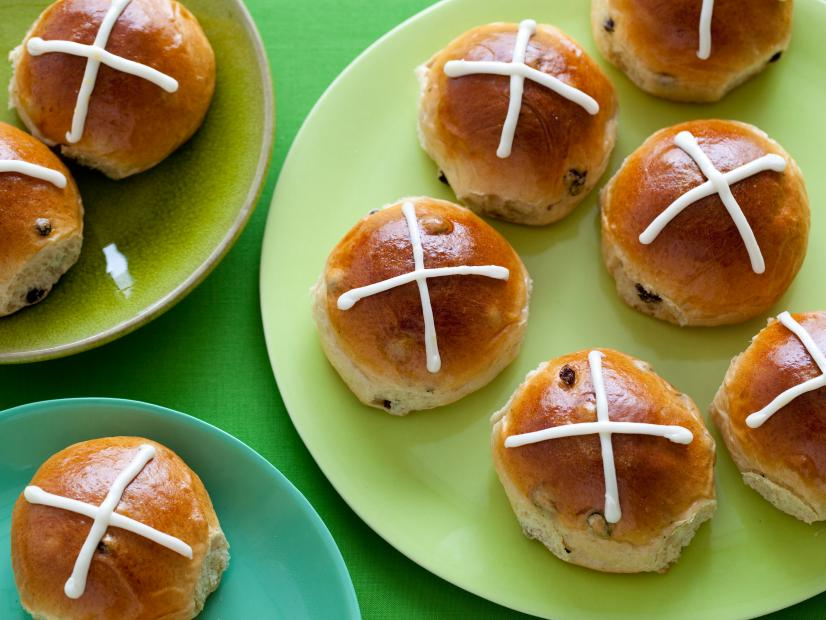
An extra-special Scottish Easter Tradition is “Eggsploring.”
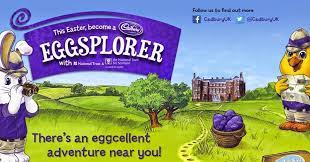
Participants follow an Easter trail through iconic sites including castles, abbeys, and forts! You have to work out who has been stealing all the Easter eggs, and suspects include Ruth the Cat, Grace the Falcon, Dougie the Dog, and Wilfred the Wolf. Hunt down all of the Easter egg pictures at the site, each with a letter, and use the letters to spell out who the sneaky culprit is. If you correctly solve the challenge, a chocolate treat awaits!


